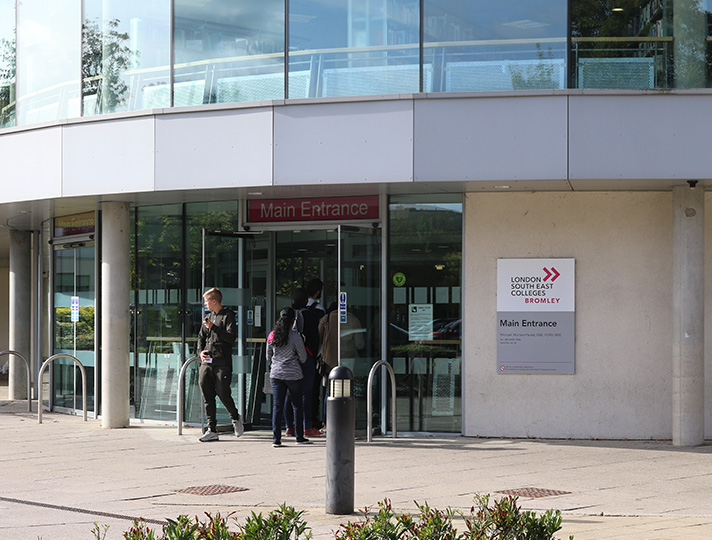72 countries have laws that criminalise same-sex relationships. Out of these countries, 11 of them use the death penalty and 9 have sentences of life imprisonment.
These statistics alone show why campaigns such as International Day Against Homophobia, Biphobia and Transphobia (IDAHOBIT) are needed. Because one person being imprisoned because of their sexuality or gender is one too many. IDAHOBIT, observed on May 17th, is key in this global cause as the main purpose for its creation was to raise awareness of violence, discrimination, and repression of LGBT communities worldwide. The hopes were that this would then provide an opportunity to take action and engage in dialogue with the media, policymakers, public opinion, and wider civil society.
But why May 17th?
This date was specifically chosen to commemorate the decision made by the World Health Organisation (WHO) to remove homosexuality from the International Classification of Diseases in 1990, just over 30 years ago.
Though unfortunately, despite some landmark changes occurring since then, Homophobia, Biphobia and Transphobia is still a rampant global issue and, although some countries may seem like the idyllic safe haven for LGBT+ people, beneath the surface there are still frequent examples of discrimination, repression and violence towards the LGBT+ community within these countries.
Take the UK for example. Every year, around 1 in 5 LGBTQ+ people in the UK are the victim of a hate crime because of their Sexual Orientation or Gender Identity. In fact, cases seem to be surging, with 2020 reporting that the number of reported cases almost trebled in the past five years.
We may have legal protections, rights and defence against discrimination, but these progressions only do so much, can only change public perception and action so far. Plus, the delay in banning Conversion Therapy and the lack of progression in Trans rights (with our Gender Recognition Act of 2004 being ranked the worst in Europe in 2020), has really hindered any further progress and seen the UK slip from the highest ranked in Europe in 2015, to 9th in 2020.
As a young Lesbian woman currently living in London, I know and recognise that I grew up with far more support, recognition, rights and protections than the generations of LGBT+ people that came before me. However myself, and many other people from the community, have frequently seen, experienced and/or been the victim of LGBT+ hate crimes, and have often also struggled with receiving the justice and outcome that we rightly deserve, nor the perpetrator receiving the punishment that they also deserved.
Thinking of these experiences, whether that is myself and my partner being verbally assaulted on the tube or receiving hate and abuse on social media, or whether it’s seeing almost daily reports of occurrences that are far more severe, I always return back to the same train of thought:
If this is what we, as people living in a country and society deemed to be one of the most supportive and accepting in the world, then what must life be like for those living in one of the 72 countries that have laws against LGBT+ identities and relationships.
And further still, what about those that could face life imprisonment, or even the death penalty, merely for openly being who they are and loving who they love?
More needs to be done, within the UK, across Europe, and globally, and that work will not stop until no person is persecuted or discriminated against because of their sexuality or gender identity.

